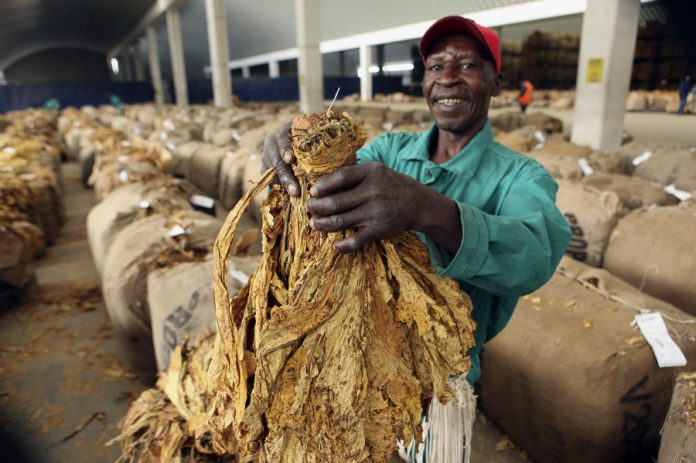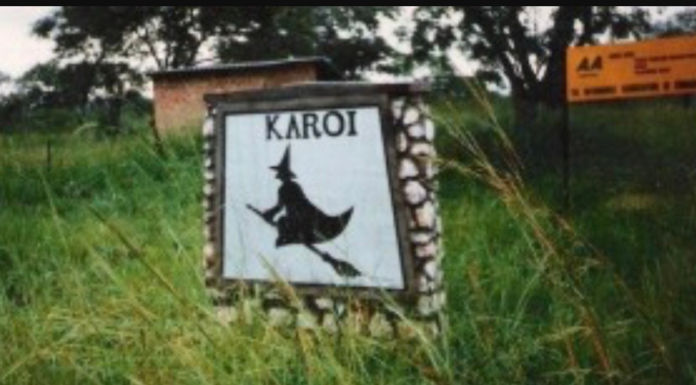Talkmore Gandiwa
Zimbabwean tobacco farmers are at risk of being banned for endangering the environment resulting in climate change with calls for them to establish woodlots for curing their crops to continue with their activities.
Most Zimbabwean tobacco farmers, especially the small-scale producers, rely on indigenous trees to cure their crop.
For the past decade, Zimbabwe has lost approximately 330 000 ha of trees annually to deforestation with about 30% destroyed by tobacco farmers.
In an interview recently, Commercial Farmers’ Union of Zimbabwe president Shadrek Makombe expressed concern at the rate at which tobacco growing provinces were being affected by deforestation.
“Deforestation has been attributed to the growing number of small-scale tobacco farmers in the country as most of them cannot afford coal or electricity and resort to chopping down trees for curing,” he said.
“We are saying for every hectare of tobacco grown 500 trees must be planted. If he puts 2ha under tobacco, he will have to plant 1000 trees.”
He said the small-scale tobacco farmers cannot afford to acquire alternative sources of heat to cure their crop.
“Even in terms of distribution, like right now, as it stands coal is being transported through roads as opposed to railway so the cost will be come high. So I am not seeing coal being an alternative for the farmer,” he said.
Makombe, however, said although there were many ways to deal with the problem most of these were not tested or reliable, Zimbabwe had to improve the current way of curing tobacco.
“I encourage the small-holder farmer that if you cut one tree you should plant two or more trees as a way of curbing deforestation that continues to be on the rise,” he said.
Makombe called on government to engage the traditional farmers over de-forestation issues while urging law enforcement agencies to safeguard forests.
He said all those found contravening the law over forests should be brought to book.
“Government must empower the villagers, traditional leaders, politicians, even those who are in resettlements, so that the legislation can be effected from the grass roots level,” he said.
Makombe said the tobacco farmers should also register their woodlots of fast growing trees with the Forest Commission of Zimbabwe to reduce the risk of being banned from growing the crop.
Last year, government announced that from next 2022/2023 agricultural season, farmers caught curing cure tobacco using indigenous trees will be arrested and fined.
In the worst case scenario, government said the farmers would be banned from growing the cash-crop.
Zimbabwe has a long history of tobacco growing and there are currently more than 90,000 tobacco farmers, and tobacco growing is prioritized, despite widespread food insecurity and environmental degradation.
Tobacco is a capital-intensive cash crop and when prices are good, it can be very profitable.
Zimbabwe is the largest producer in Africa and in 2018 tobacco accounted for about 10% of the country’s GDP and in the previous year.
In 2021, Zimbabwe exported 15,777 tonnes of tobacco worth US$80.63m.
Government also wants to make the agricultural sector a US$5bn industry by 2025.












